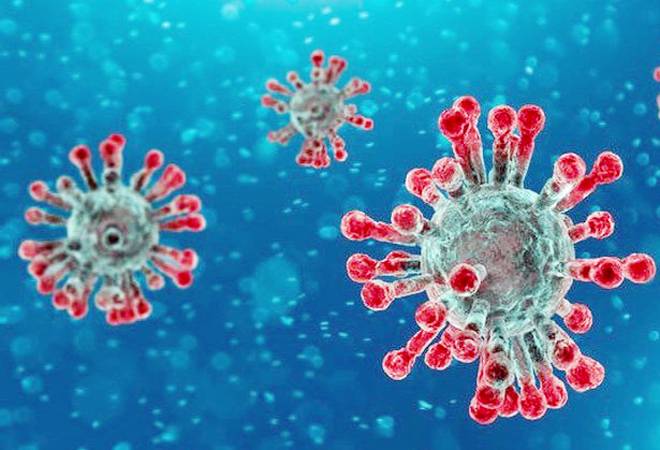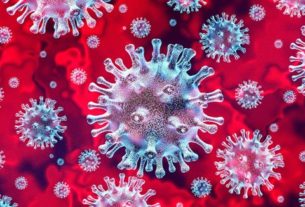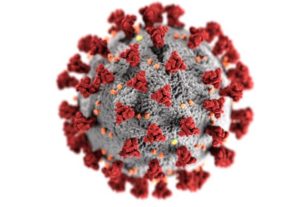From Our Bureau
17th MAY 2020
The Corona Virus (CPVID-19) pandemic situation remained grim globally, with the confirmed cases across the world soaring to 45,25,497 and the death toll reaching 3,07,395 in the 216 affected countries and territories, according to the latest update from the World Health Organization (WHO).
Globally, European region continued to be the worst-hit, with 18,70,545 confirmed cases and 1,65,951 deaths. American region came next with 19,66,932 confirmed cases and 1,18,799 deaths. Eastern Mediterranean region reported 3,26,568 confirmed cases and 9,841 deaths.
Western Pacific region’s tally stood at 1,67,546 confirmed cases and 6,730 deaths. South-East Asia region recorded 1,34,531 confirmed cases and 4,351 deaths and African region witnessed 58,663 confirmed cases and 1,710 deaths. WHO Risk Assessment at global level remained very high.
Presidents Carlos Alvarado Quesada of Costa Rica and Sebastian Pinera of Chile joined the WHO Director-General Dr Tedros on 15th May to announce progress on a technology platform that aims to lift access barriers to effective vaccines, medicines and other health products against COVID-19. The platform, which will officially launch on 29th May, will pool data, knowledge and intellectual property for existing or new COVID-19 health products to deliver ‘global public goods’ for all people and all countries.
Japan has agreed to contribute over US$2.7 million to help nine countries in the Americas strengthen their capacities to detect cases, monitor, and control outbreaks of COVID-19, as well as ensure that reliable public health information on the COVID-19 pandemic is available to people involved in the response and the general public.
A community of youth influencers named the Global Shapers Community is working with WHO Regional Office for Europe to ensure that tailored health advice reaches communities, families and individuals in countries across the European Region. This collaboration allows young community members to flag rumours, report on the tone of discussions on their channels and ask questions, as well as share information and project ideas to WHO. The information is then used by WHO to better tailor risk communication and address misinformation. (eom)


